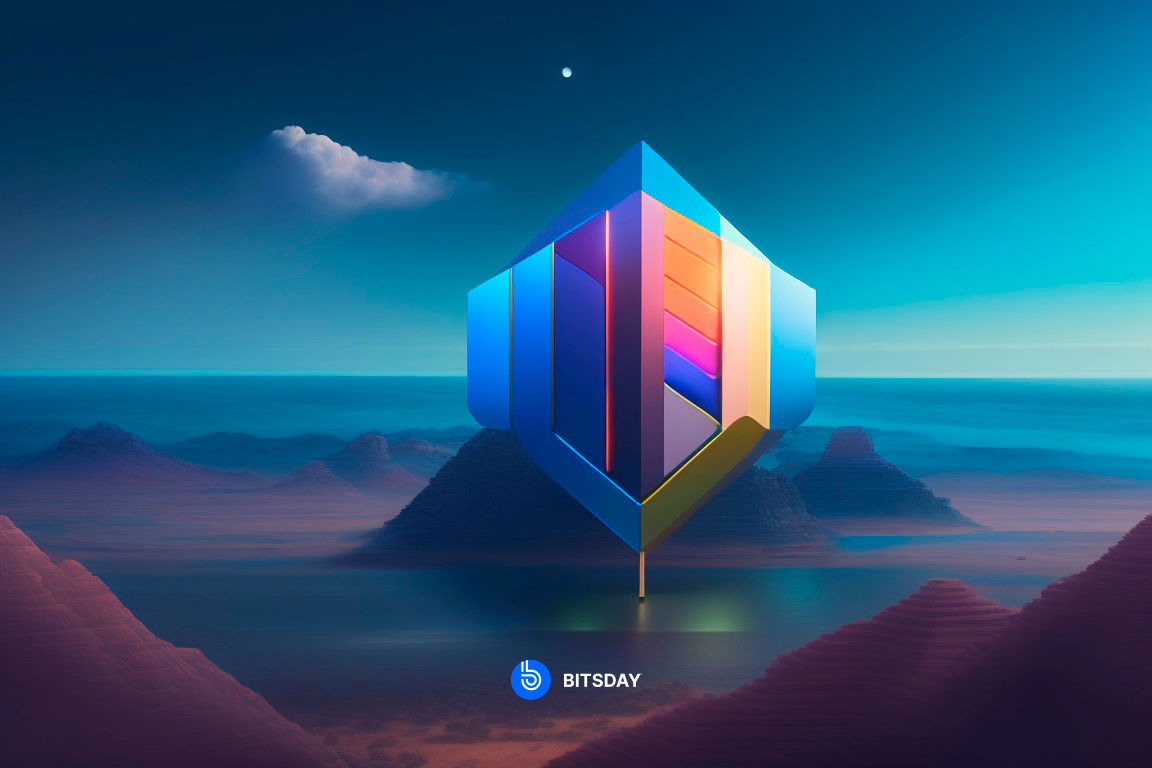Ethereum's Path to Autonomy: Matter Labs CEO Envisions an Ethereum Supreme Court

The Ethereum ecosystem is on the brink of a revolutionary transformation as Alex Gluchowski, CEO of Matter Labs, introduces a groundbreaking concept that could reshape the way disputes within the network are resolved. In a tweetstorm that sent shockwaves through the crypto community, Gluchowski proposed the creation of an "Ethereum Supreme Court," a decentralized judicial system that mirrors the hierarchical structure of real-world legal institutions.
Smart contract implementation risks remain the biggest unsolved problem of Defi. L2s are equally affected.
— Alex G. ∎ (@gluk64) September 2, 2023
Let me pitch an idea: L1 Fork as the Court of Final Appeal.
First, why existing solutions don't work:
1) Time-locked upgrades are great for scheduled changes, but… pic.twitter.com/EcaogkZBH9
The Genesis of the Ethereum Supreme Court
At the heart of Gluchowski's vision is the idea of shielding Ethereum's protocols from external political influence. He envisions the Ethereum Supreme Court as a potent deterrent mechanism, reinforcing Ethereum's reputation as a formidable network state. To achieve this, Gluchowski proposes a tiered system of on-chain courts responsible for managing disputes and emergency upgrades within the Ethereum network.
The apex of this proposed system would be the "Court of Final Appeal," a layer-1 soft fork that serves as the ultimate adjudicator for disputes arising from smart contract issues. Each protocol within the Ethereum ecosystem would govern itself within this framework, equipped with regular and emergency upgrade mechanisms. A designated contract would initiate an appeal process, creating a structured approach to dispute resolution.
The Appeal Process
Intriguingly, the Ethereum Supreme Court would allow any user to initiate an appeal during an emergency upgrade. However, to maintain the integrity of the process, appellants would be required to deposit a predetermined bail amount. This hierarchical structure of on-chain courts ensures that the Ethereum Supreme Court stands as the ultimate recourse for appellants, analogous to the US Supreme Court in the traditional legal system.
Current Solutions and Their Limitations
While Gluchowski's proposal holds immense promise, he acknowledges that its success hinges on robust social consensus. It's important to note that this on-chain court system would come at a cost, ensuring that only cases of significant magnitude would be presented before it. Examples cited include bugs in major protocols like Uniswap or a DeFi protocol posing a systemic risk.
In contrast to current solutions, which Gluchowski views as limited, the Ethereum Supreme Court introduces a new layer of security and governance. Traditional time-locked features on smart contracts during emergencies, and the potential risks associated with introducing a security council, are seen as less effective alternatives.
A Promise for the Future
In a promising conclusion to his proposal, Gluchowski announced that Matter Labs, along with the zkSync team, a layer-2 scaling solution developed by Matter Labs, is prepared to provide financial support for research into this innovative concept. This signifies a significant step toward a more autonomous and secure future for the Ethereum network, one where disputes are resolved within the blockchain itself, transcending the need for traditional legal avenues and lawyers.
As Ethereum continues to evolve and adapt, Gluchowski's vision of an Ethereum Supreme Court could very well become a cornerstone of a more mature and self-sufficient blockchain ecosystem, ensuring Ethereum's continued prominence in the world of cryptocurrencies. The crypto world watches with bated breath as this ambitious proposal takes its first steps towards becoming a reality.

Trending



Press Releases

Deep Dives







